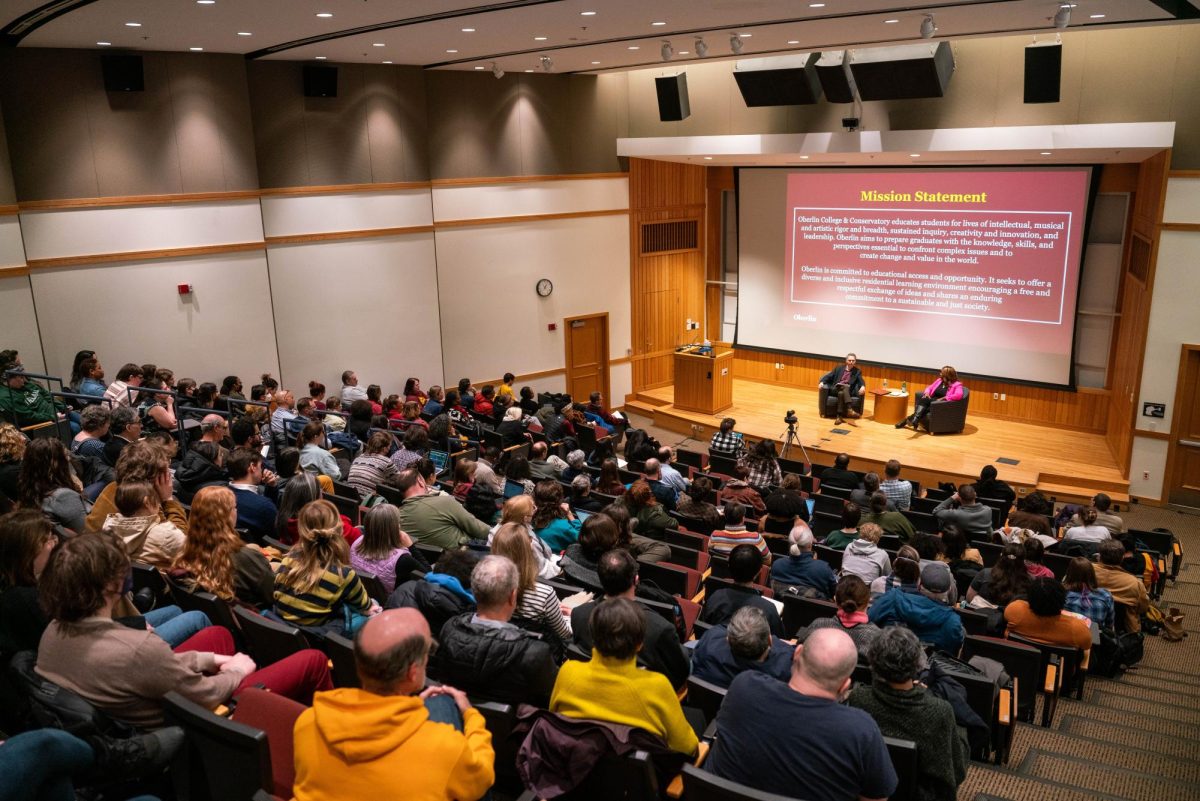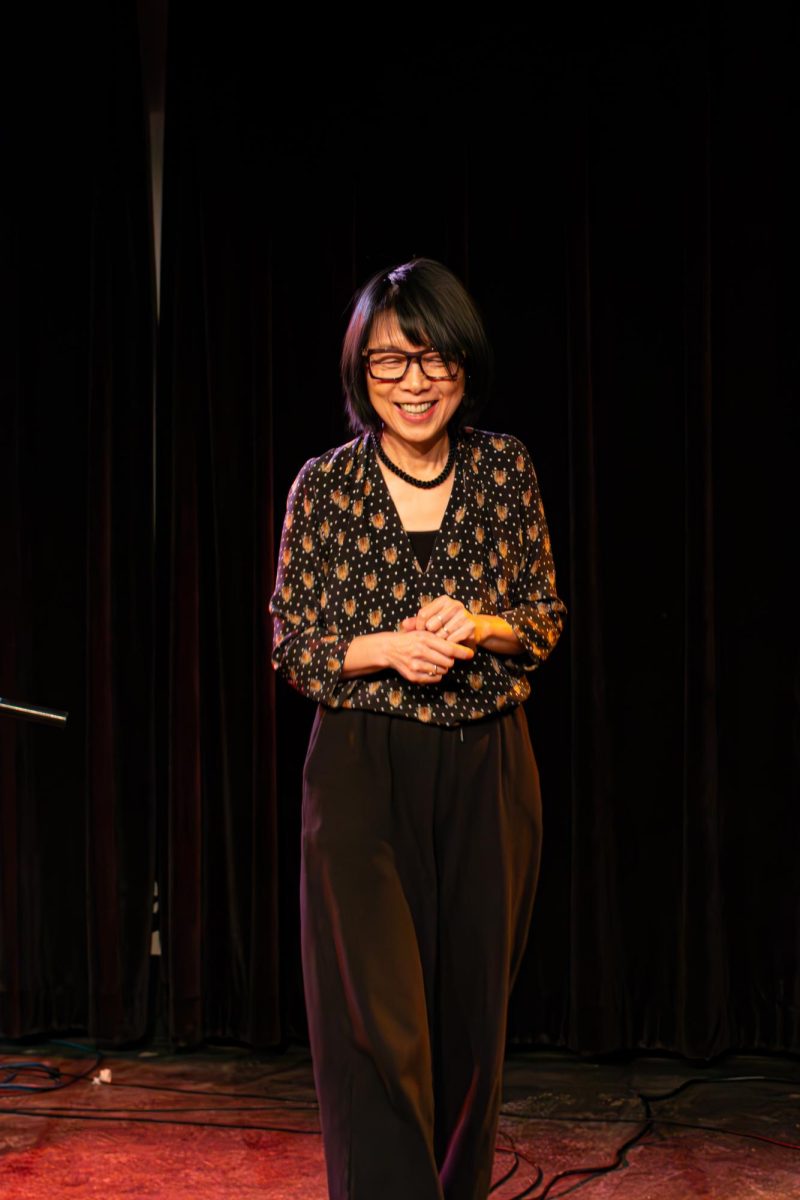The Incoherence of “Political Correctness”
March 11, 2011
To the Editors:
Although the content of Dan Savage’s speech last week may not be worth in-depth reflection, I do think his visit is a good occasion for us to meditate on the prevailing political mood on campus these days. Savage is certainly an inflammatory and sometimes offensive public figure. But last week, his high-minded (and highly limited) project for “LGBTQ rights” against “bullying” was taken as symptomatic of nothing else but the entire architecture of political power itself — from race, class, gender and sexuality, all the way to union rights and the prison-industrial complex (the last two issues were raised during the Q & A). The controversy that appeared in The Oberlin Review last week is the case in point. The headline, appearing above a photo of Savage at the podium, read: “Savage Refutes Accusations of Prejudice,” giving the false impression that his speech had been marked by some intense confrontation. The article cited, somewhat vaguely, “varied criticism” and “objections” to Savage’s visit in an apparent attempt to paint him as a highly controversial presence on campus. The article went on to indicate the “reservations” of certain “activists,” then quoting the claims and opinions of two Oberlin students whose authority rested on their affiliations with various on-campus student groups. Apparently those LGBTQ persons unaffiliated with such groups were not considered worthy of consultation on the issue. Serving as a mouthpiece for prevailing political axioms is of course the point of objective journalism, so I commend the Review for its professionalism. What matters is a good story: an inter-queer discursive skirmish. Savage’s bitchy shock-value sex jokes and personal identity attracted more scrutiny than teen suicides or the It Gets Better Project’s thousands of diverse contributors. What I’d like to suggest is that the objections in last week’s article have as much to do with Savage’s positional status as with his prejudices. Note that the canon of queer “intersectional” studies of identity has been informed in part by the need to grapple with the important question of how the gay rights movement achieved visibility primarily for a small minority of gay white men at the expense of other marginalized groups and identity configurations. This important focus has led some to focus on the particularly problematic nature of the “gay white male” stereotype. We can thus understand that the resentment of Savage relates to his identity as well as his deliberately offensive, facetious and ridiculous comments over the past two decades (remember that he writes a sex column). This position depicts the It Gets Better Project — a free public online platform for thousands of diverse voices — as an institution of privilege that is insufficiently sensitive to all those for whom it will not, apparently, “get better” — a somewhat dubious message. This argument has interesting implications if closely examined. It seems to suggest that Savage’s privileged position compromises the worth or value of his project’s many thousand contributors, reducing them to mere effects of Savage’s agenda. This position, as opposed to wanting to deconstruct “how gay stays white and what kind of white it stays” — to use Allan Bérubé’s apt phrase — instead exposes that its own prejudice empowers and reifies, rather than deconstructs the hegemony of the stereotypical “gay white male.” The contributors to the project should be made to undercut, rather than reinforce, this problematic stereotype. I’m not sure that the criticism of Savage is “political correctness.” After all, the phrase doesn’t make much sense; it seems to imply that there is a certain threshold of true knowledge one can attain in order to finally be able to join the ranks of the enlightened. But there is no such threshold. The discourse used to criticize Savage presupposes that any political project, no matter how benevolent it might seem, can be criticized as to its worth, since none is ever perfect. In other words, there are a potentially infinite number of political problems. Thus it makes more sense to talk about political correctable-ness, in the sense that one can always find something wrong with any given political position. I’d suggest this method makes virtually any political project highly fraught and difficult. It’s important to point out that the model deployed to criticize Savage is congruent with the structure of the elite, privately funded university. A potentially infinite number of political problems equals a potentially infinite number of Ph.D. theses and tenured professorships. This elite discourse is something we should keep in mind when we aim to call others out on their privilege.
–Gil Spears
College junior






















